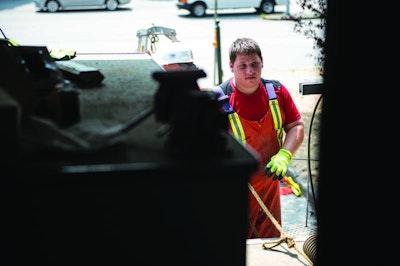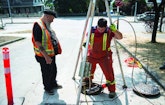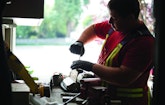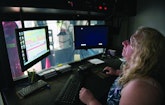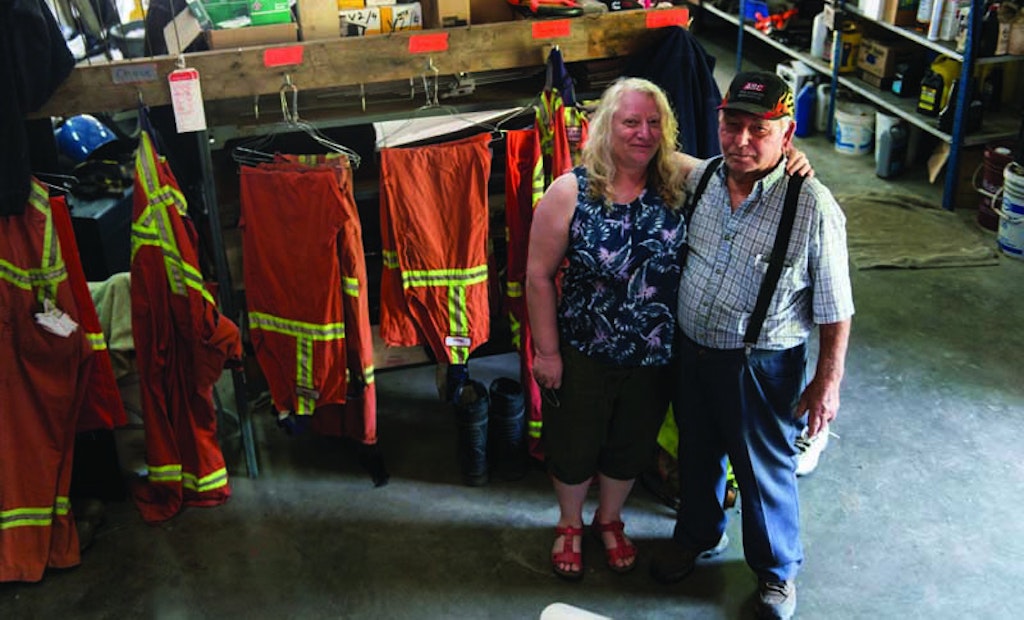
ABC Pipe Cleaning Services has served the Vancouver area of British Columbia since 1972. In 1991, Carmelo Intile, who had worked in the construction industry, purchased the company with his daughter, Rosa Hawkes, and sons, George, Joe and Robert. Although sewer cleaning was a new...
